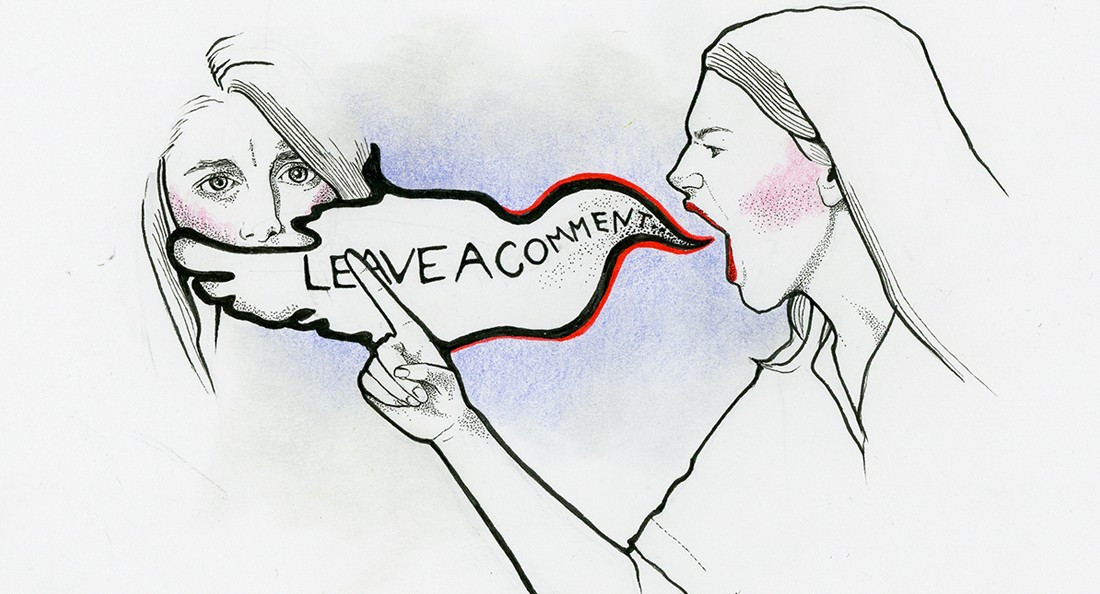Calling in call out culture
Making space in the movement for differences of opinion
“You’re trash, human garbage.”
I see these words, dehumanizing in any context, far too often on social media. Most disturbingly, I see them in the posts of feminists and other social justice activists - people who I respect, whose opinions matter to me and whose values I often share.
Surely if we truly believe in basic human dignity for everyone - the core of all social justice movements - we firmly believe that no person is disposable. And yet here we are, dismissing other human beings as being irrelevant, unworthy of our most basic consideration.
It’s said that we now live in a disposable culture, the legacy of rampant capitalism and industrialization. In response, more and more of us are compelled to take a critical look at our lives - at our relationships to the environment, to production and consumerism and to the people with whom we share our hurting planet.
Guided by our shared vision for a just and equitable society for all, the idea that any human being is completely worthless, absolutely devoid of value and utterly disposable is antithetical to our values and our goals.
“It’s just a word, a metaphor. What’s the problem?”
Social change is inevitably messy and often uncomfortable. Critical thinking and challenging each other’s ideas is an inherent part of the hard work of social change.
Call-out culture - dismissing people and their ideas as trash, as unworthy of our thoughtful care and consideration - is a problem. It serves to silence people, preventing them from actually speaking their truths, for fear of the social alienation and isolation that inevitably comes with being dismissed as garbage, as having no value.
How can we lay claim to intersectional activism when we routinely exclude diverse and divergent voices by creating hostile spaces with dehumanizing language?
How can our feminism grow when we tell others - whether we agree with them a little, a lot or not at all - that they are worthless, that there is no room in our kind of activism to hear their experiences, their opinions, their questions as they seek to understand? What message does that send to newly emerging voices? To those still on the margins?
We learn more about each other, about our problems and possible solutions when we seek to understand the opinions of those we don't agree with than we do from shutting them down. The dismissing of questioning or dissenting voices is antithetical to the work of social justice.
It makes difference of opinion difficult. It stunts our personal growth and makes the growth of our movements impossible.
While we may agree on important issues, name-calling and in-fighting over our imperfect activism distracts our attention and energy from the really hard work of social change. It’s not always easy to hear the most difficult of opinions while respecting the humanity of the person holding them, but it is necessary.
Welcoming diverse and divergent thought, listening to it, really truly hearing it, and learning more about the experiences and ideas of others different from ourselves, is how we grow as people and as a society.
deb kozak is a feminist who lives, works and plays in Winnipeg, Manitoba, Treaty 1 territory.
Published in Volume 72, Number 23 of The Uniter (March 29, 2018)







